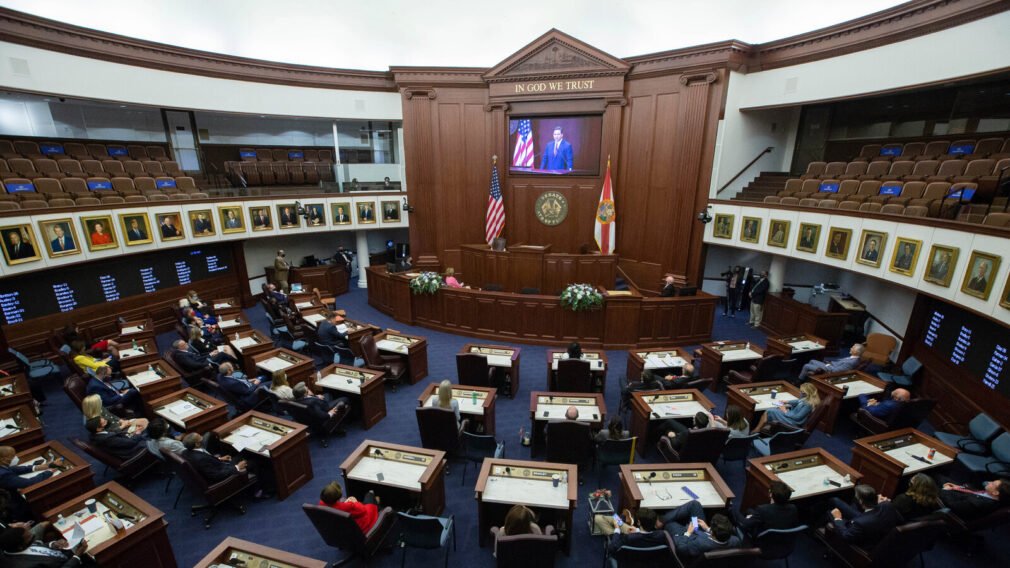Legal Challenges Arise Against Florida’s Gaming Compact with Seminole Tribe
In a significant legal development, Daniel Wallach, a prominent gaming law attorney and founder of Wallach Legal and UNHLaw Sports Wagering, has submitted an amicus curiae brief to the Supreme Court of the United States (SCOTUS).

Wallach’s brief supports West Flagler’s writ of certiorari, urging SCOTUS to review Florida’s gaming compact with the Seminole Tribe, which legalizes online sports betting in the state.
Controversial Online Sports Betting Authorization
The compact in question, approved between Florida and the Seminole Tribe in 2021, has sparked controversy for potentially authorizing online sports betting off-tribal land. Critics argue that such authorization could violate the Indian Gaming Regulatory Act (IGRA) and the Florida constitution. The compact grants the Seminole Tribe exclusive rights to both retail and online sports betting in Florida, promising the state at least $2.5 billion over the first five years.
Central to the debate is the compact’s “hub-and-spoke” system, which allows sports bets to be placed from anywhere in the state, provided they are processed through servers located on tribal land. This arrangement has led to concerns about the expansion of gaming activities off tribal territories, potentially breaching IGRA stipulations.
Legal Interpretations and Implications
Wallach’s brief points out the D.C. Circuit Court’s approval of the compact under IGRA and its contentious interpretation that the compact does not “authorize” but only “discusses” off-tribal land online sports betting. Wallach contends that the compact indeed grants the tribe the authority to operate such gaming within the state, challenging the court’s reasoning and its alignment with the precedent set by SCOTUS in Murphy vs. NCAA.
The brief highlights acknowledgments by various stakeholders, including the Seminole Tribe, Governor Ron DeSantis, the U.S. Department of the Interior, and the Florida legislature, affirming that the gaming compact “authorized” online sports betting in the state. These acknowledgments, paired with press releases from the tribe and Governor DeSantis, underscore the perceived authorization granted by the compact.
Wallach argues that the D.C. Circuit’s interpretation of IGRA and the allowance of tribal gaming off Indian lands are at odds with IGRA’s language and SCOTUS’s decision in Michigan v. Bay Mills. He advocates for SCOTUS to reverse the D.C. Circuit’s decision, emphasizing the need for clarity and adherence to legal precedents regarding tribal gaming operations.
Our Comment on the Issue
The ongoing legal debate surrounding Florida’s gaming compact with the Seminole Tribe underscores the complex interplay between state legislation, federal law, and tribal sovereignty in the realm of gaming and betting. As the case potentially heads to SCOTUS, the outcome could have far-reaching implications for the future of online sports betting in Florida and beyond. This case highlights the need for clear legal frameworks that respect tribal rights while ensuring regulatory compliance and integrity within the gaming industry.
Recommended
